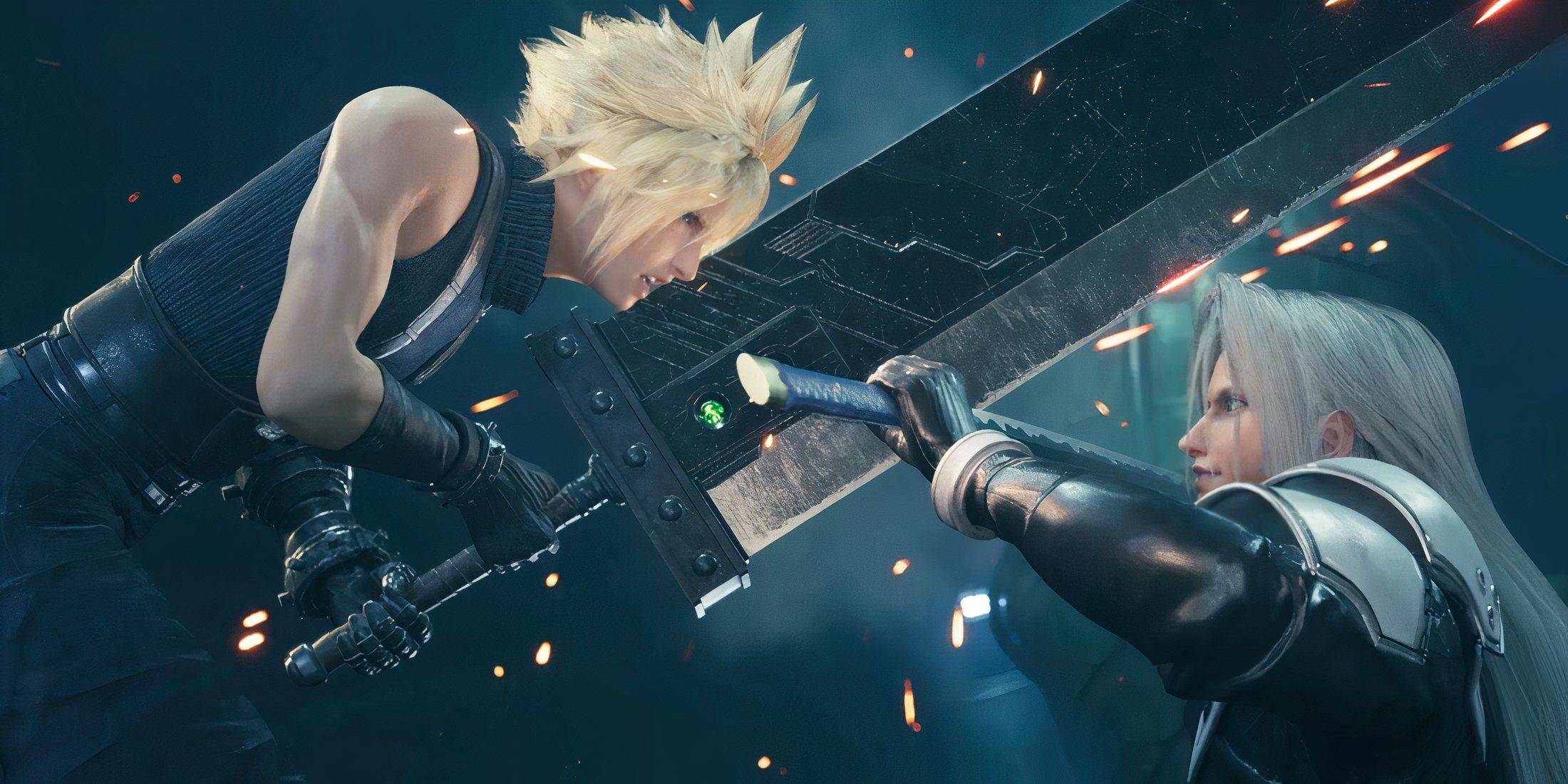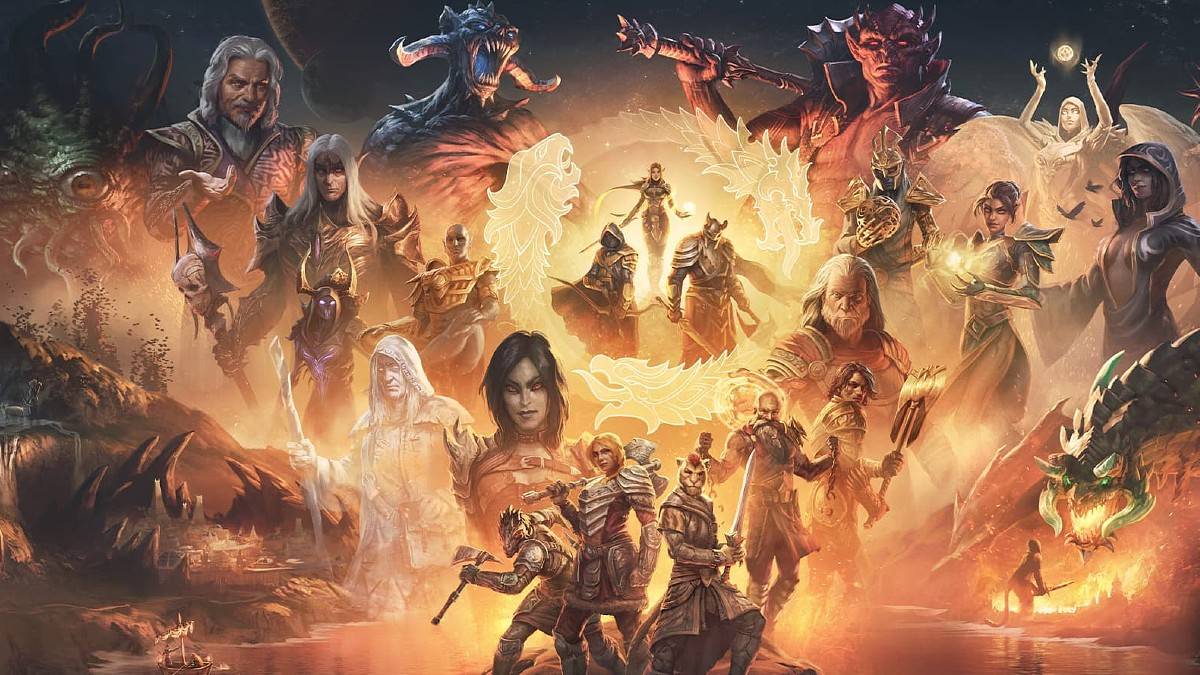
In the evolving landscape of video games, the term "AAA" is increasingly seen as outdated and irrelevant. Originally used to signify games with massive budgets, high quality, and low failure rates, it has now become synonymous with a race for profit at the expense of innovation and quality. Charles Cecil, co-founder of Revolution Studios, has dismissed the term as “silly and meaningless,” highlighting a shift in the industry where large publishers invest huge sums of money, but not necessarily for the better.
“It's a silly term, it's meaningless. It's a legacy of a time when things were changing, but not for the better,” Cecil remarked. A prime example of this shift is Ubisoft's Skull and Bones, which was ambitiously labeled a “AAAA game.” However, after a decade in development, the project ended in failure, illustrating the emptiness of such labels.
Criticism has also been directed at other major publishers like EA, with both players and developers accusing them of prioritizing mass production over catering to audience interests. In contrast, indie studios are making waves by releasing projects that often leave a more lasting impact than their "AAA" counterparts. Games like Baldur's Gate 3 and Stardew Valley are testament to the fact that creativity and quality can outweigh budget constraints.
Many in the industry argue that a focus on profit stifles creativity. Developers are reluctant to take risks, leading to a decline in innovation within big-budget games. To recapture player interest and inspire a new generation of creators, the gaming industry must reconsider its approach and prioritize innovation and quality over mere profitability.



















